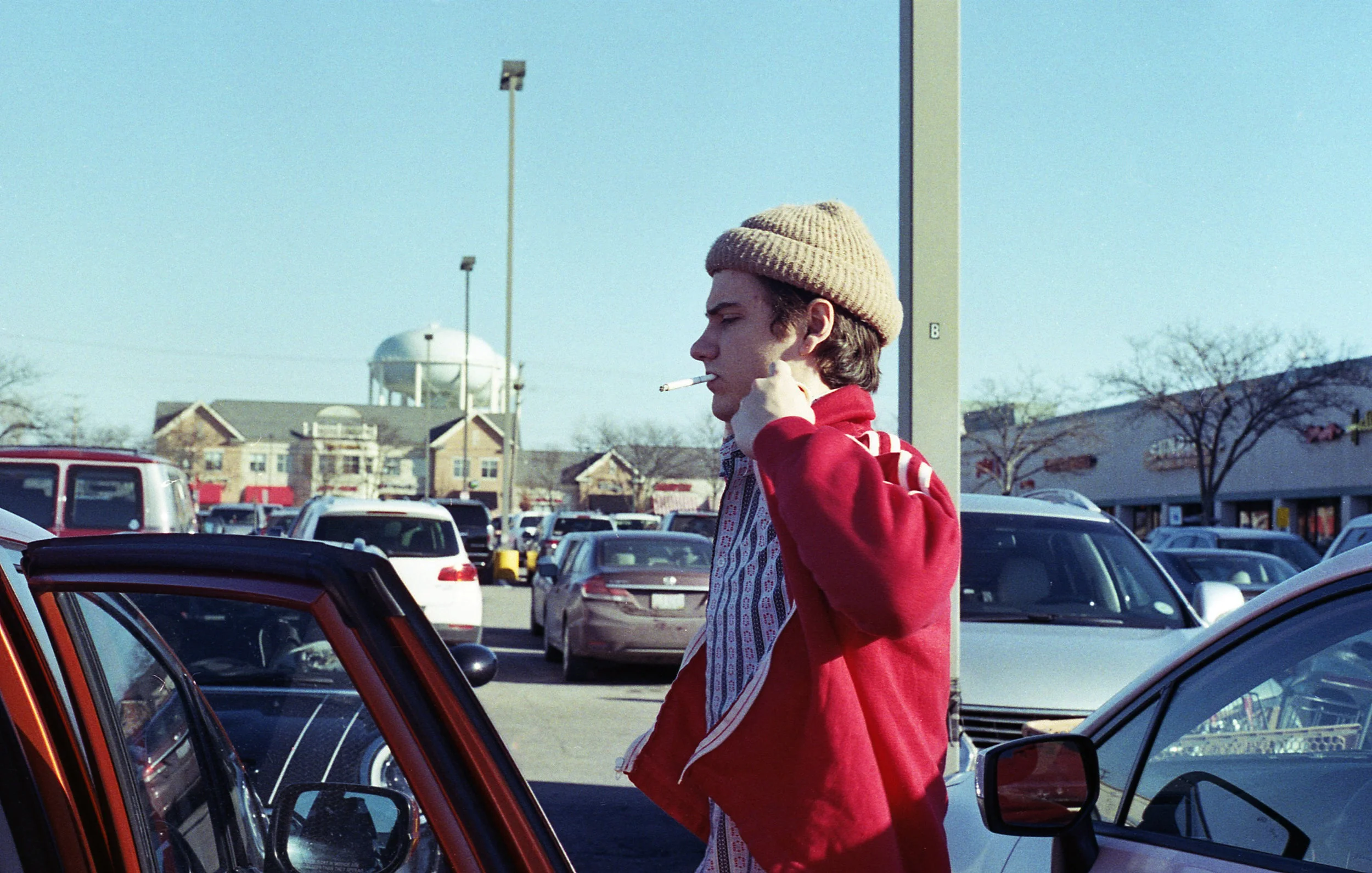a few months ago, I was talking to a new acquaintance and told him that I work at a contemporary art center. our conversation wandered to other subjects, but came back to the subject of art. he was honest and overtly curious when he said something along the lines of how he never got much out of artistic experiences. he gave an example of a piece he read an article about. this piece he described was highly conceptual, so much so that it bothered him. because of this discomfort he felt toward the piece, and really throughout his journey with the arts as a whole, he said he didn't get art. I was piecing it together and finding that he assumed all art is designed to make you feel good. my response was simple: art is suppose to agitate you.
art takes something familiar, so familiar that we've almost forgot about it. and then it picks it up, turns it around and sets it back down in a way that we never considered it before. artists do this for us; they help provide the tools for us to open our minds, to expand our knowledge on a subject. and that feeling of letting go of the familiar, can most certainly be agitating.
but, I think we need to stop associating agitation with the negative. ironically, when you process film, you have to agitate the negatives every few minutes to ensure the developer processes evenly.
this act of agitation (in both art and film developing) is meant to stir something up and let it settle in a different way.
for many of us, this isn't an easy concept to accept. we want to cling to what we've always known, as opposed to being humble enough to allow our minds to change. why is it so difficult to understand that your opinions are evolving maybe because you've learned something new? do some people associate learning with fear, by way of the unfamiliar? why can't we accept that we are consistently learning?
given the way the world operates today, i'd say many people are fearful of intelligence. more specifically, fearful of others' intelligence. simply because they didn't think of an idea first, they feel slighted. when they should celebrate these other people's creative ways of thought, instead of responding with jealousy.
this celebration is where collaboration begins. where interdisciplinary thought is achieved and true strides are made to change the habitual thought process of entire societies.



















































































